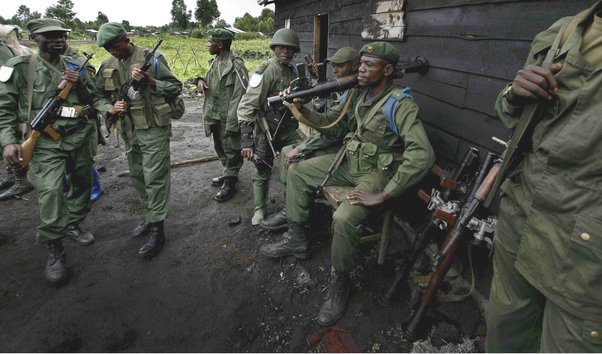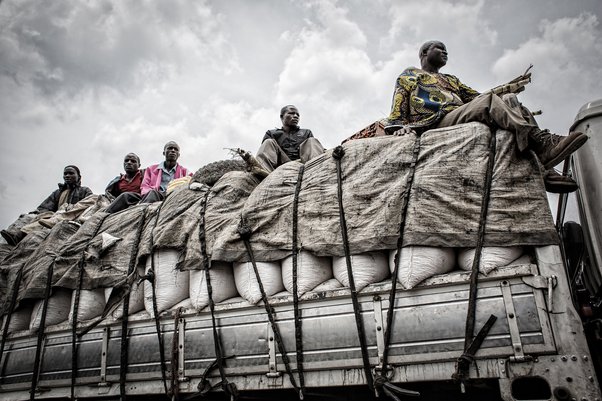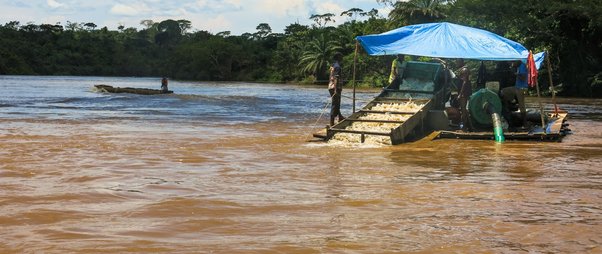The international community’s failure to reform the management of natural resources in the Democratic Republic of Congo (DRC) is increasing the risk of the country sliding back into war, according to a new study released today by Global Witness.
“Same Old Story: a background study on natural resources in the DRC” maps the nature and history of resource exploitation in the vast central African country and shows that weak regulation of natural resources is linked to the funding of conflict.
Rebel groups, government troops and their foreign allies have used the country’s diamonds, gold, timber, ivory, coltan and cobalt to pay for their part in a war which has claimed 3.5 million lives since 1998. Much recent fighting has been motivated by struggles to control areas rich in natural resources.
War threatens to resume as thousands of Congolese government troops mass in the Eastern DRC, straining an already troubled relationship with neighbouring Rwanda.
“If another war is to be avoided and peace is to return to the DRC, the issue of natural resources must be properly addressed as a matter of urgency,” said Simon Taylor, a founding Director of Global Witness. “Bad resource governance is the curse of Congo.”
“Same Old Story” shows that for the past century, the country’s vast natural resources have never been exploited in a way that benefits the majority of Congolese people. A pattern of militarised and corrupt control of natural wealth was established by Belgium’s King Leopold in the 19th century, continued through Belgian colonial rule and the Mobutu dictatorship and still exists today.
The links between natural resources, troop movements, arms flows, smuggling and corruption have been documented in numerous report by U.N. Expert Panels and non-governmental organisations.
But although the international community fears a return to full-scale war, made possible in part by natural resource wealth, there has been no action to sever these links. “There is a complete lack of political will, and this has to change,” said Taylor.
“Same Old Story” calls on the international community to create robust cross-border solutions to stop the plunder of natural resources and deal with the regulatory weaknesses that make it possible. “If immediate action is not taken, then historic patterns of misuse will just repeat themselves.”
The study calls on the UN Security Council to amend the mandate of the UN Mission in DRC (MONUC) to include investigations of ongoing links between illicit trade in natural resources and arms trafficking. “Same Old Story” further asks that governments match huge pledges of donor aid to DRC with stringent enforcement of laws and guidelines governing activities of companies operating in the trade of resources, along with laws against money laundering, bribery, arms trafficking and other international crimes.
Download the report: A background study on natural resources in the DRC
Download Resource

